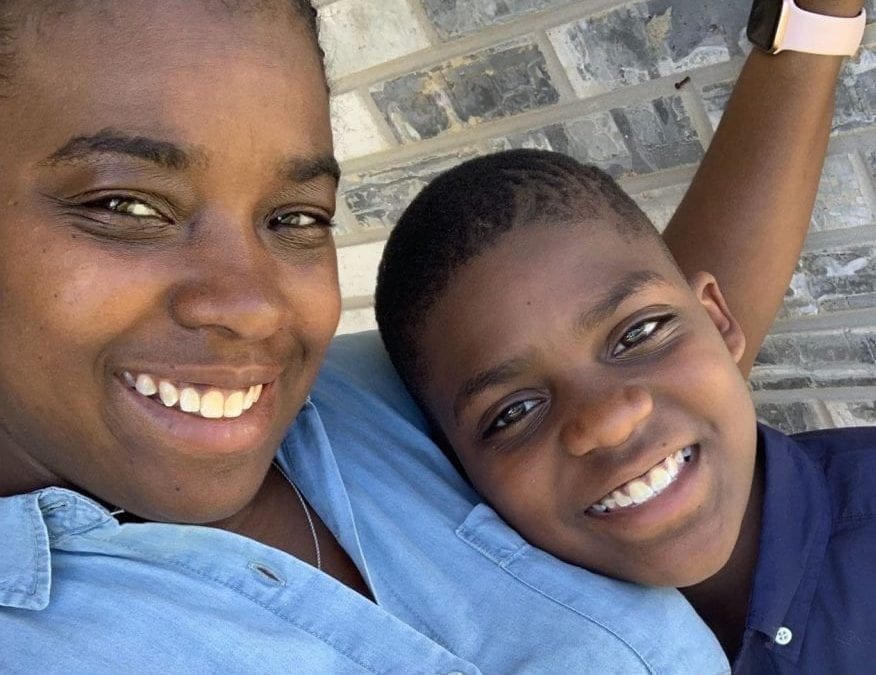For July’s Spotlight I sat with Lindsey Wesley-Madgett, Linkage-to-Care Specialist for UC-PACT (UChicago HIV Prevention and Care Team). She helps clients navigate the healthcare system by providing health education, coordinating referrals and appointments, and supporting clients’ overall well-being.
We started with a check in, discussing about how she’s existing as a person during a pandemic and also about the transition to working from home: “Yeah, my job has changed tremendously.” For Lindsey’s role, connection plays a key part; what once was a matter of meeting patients on the floor to link them to care, is now a series of phone calls as face-to-face contact during this time is not accessible. She continued, “It is not a bad thing; I am still able to talk to my patients, I am still able to link them to care, I am still able to utilize my resources and making sure they have everything they need.” Lindsey missed being able to see clients face-to-face where she feels connected on a deeper level. Despite the state of the world Lindsey reminds us that we must “understand that this is just a moment in time.”
As BLM protests and demonstrations continue it’s crucial for us to uplift our Black staff members’ voices. I reached out to Lindsey because rumor has it, her words were resonating with people in meetings. I asked her to share some of what was said:
“Never, I never once have lived in a pandemic on top of a race war. I have never lived through- I never thought I would have to live through it. I never thought I would have to put my son through it. But I am- I am sitting here, as an African-American woman, I see this man who is screaming for his mother. And I can only see my child. I have a 12-year-old son. He is a black male. He will forever be judged because he is a black male. It does not matter about anything else. People are going to look at his skin before they look at his spirit, his mind, his smartness, anything. My son is a straight-A student with a 4.0 GPA. Anybody will look at him first by his color. My son is a purple belt in karate on his way to brown and black, and by the time he reaches a black belt, he will have to register his hands. And as a mother, I am fearful because now my son turns into a weapon automatically because his hands are his weapon.”
It’s difficult to be bombarded with a media stream full of people looking like you and your family being constantly wronged without repercussion. Even without being registered as a weapon, I and many others are afraid of being seen as one. “I feared for my life” has been an excuse used to justify the disproportionate loss of Black lives at the hands of police brutality.
“I remember there was a time where, I was growing up and it took a village to raise a child. I had a big village, and that village never allowed anything to happen to me.” In closing she talked about connection being the way forward. She asks us.
“How do we as society save our children? How do we as society save one another?”
